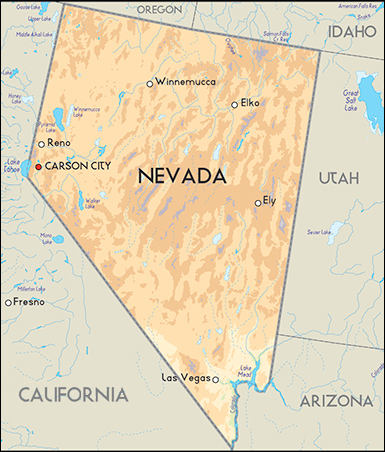By Jim Ellis
July 11, 2018 — President Donald Trump’s choice of US Circuit Judge of the DC Court of Appeals Brett Kavanaugh to replace retiring Supreme Court Justice Anthony Kennedy will likely fundamentally change the 2018 Senate election cycle.

Judge Brett Kavanaugh speaks at the White House, where President Trump announced Monday that Kavanaugh would be his nominee to replace retiring Supreme Court Justice Anthony Kennedy. | C-SPAN
With Senate Majority Leader Mitch McConnell (R-KY) already publicly indicating that he is planning to keep the Senate working through August, the Supreme Court confirmation process now guarantees such will happen. With majority Republicans having leverage over the confirmation hearings and vote schedule, we can expect a great deal of politics will be accompanying the legal rhetoric that awaits us during the remaining summer months.
The Senate political map helps Judge Kavanaugh in his confirmation battle. Both sides will mount crushing pressure on those members perceived as swing votes, and the eventual targets will be backed into such a position where it will be impossible to avoid political damage once their eventual vote is cast. The three Democrats who supported Supreme Court Justice Neil Gorsuch when he was confirmed on April 7, 2017 are:
- Sen. Joe Donnelly (D-IN)
- Sen. Heidi Heitkamp (D-ND)
- Sen. Joe Manchin (D-WV)
The three will naturally be the top targets for this confirmation battle, and there is a strong chance that each will also vote for Judge Kavanaugh. Already trapped in tough re-election battles, these senators will be hard-pressed by both sides pushing them to vote for or against Kavanaugh; but considering their respective states voted for President Trump in margins of 19 (IN), 36 (ND), and 43 (WV) percentage points suggests the density of pressure to support the nominee will overwhelm the opposition.
After last night’s announcement, Sen. Manchin issued a statement saying he is particularly interested about Judge Kavanaugh’s position on healthcare issues, especially those affecting people with pre-existing conditions as they relate to healthcare insurance coverage. Sen. Manchin says over 800,000 people in his state of West Virginia fall into this category.





